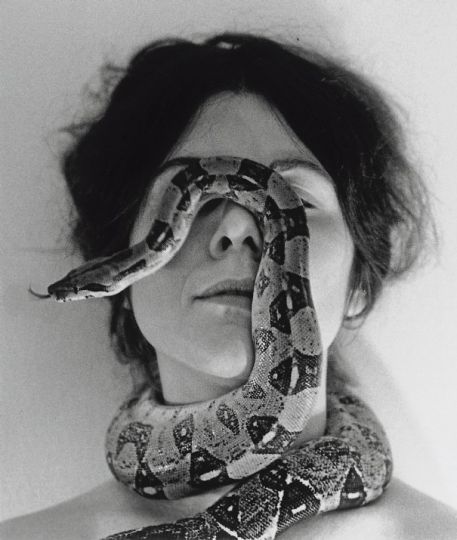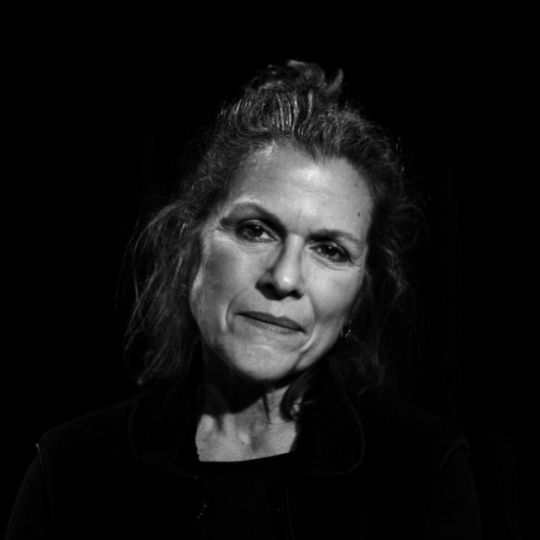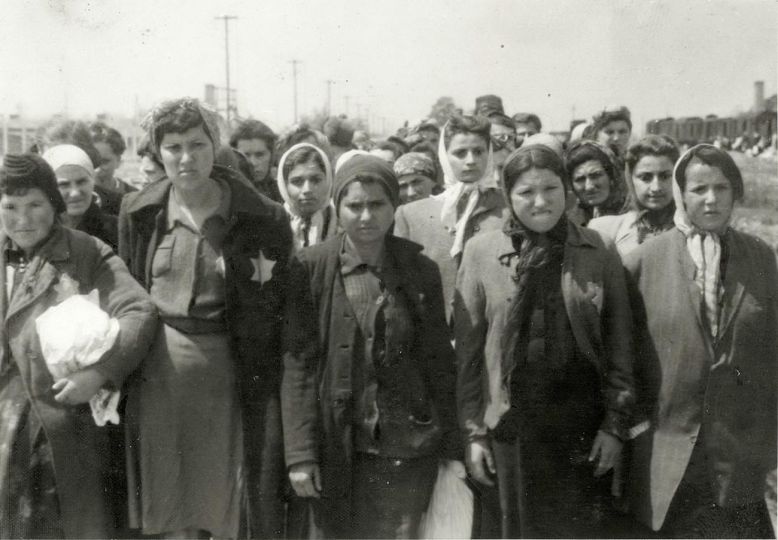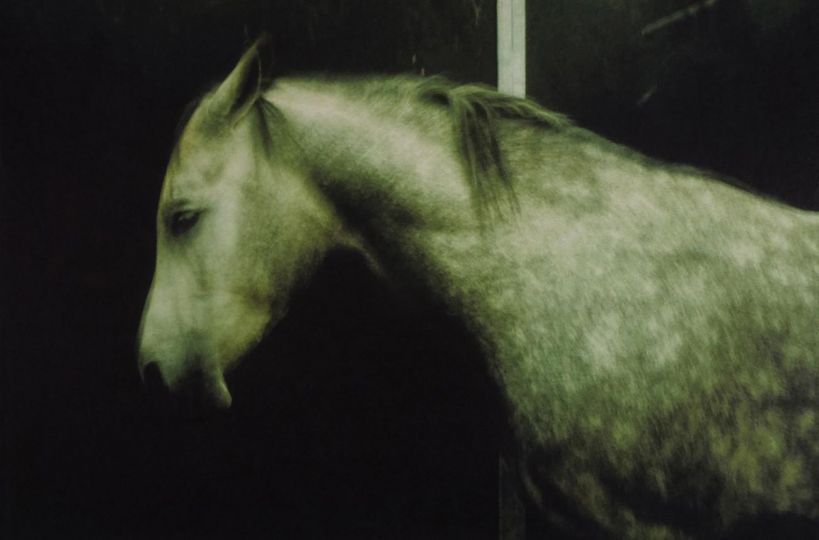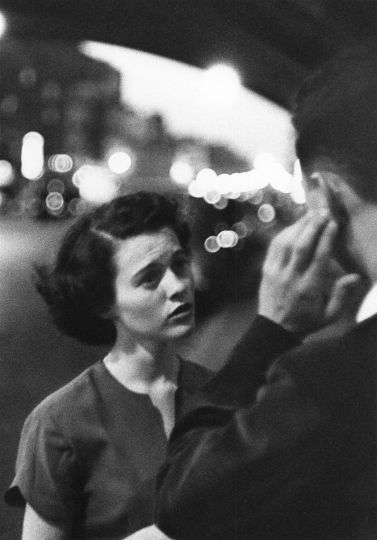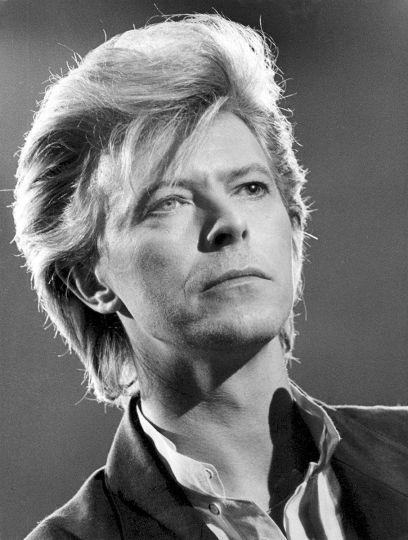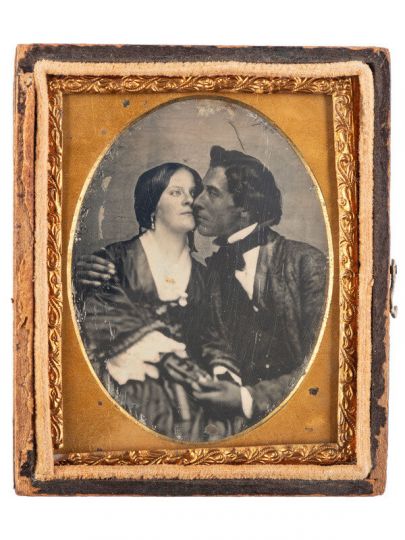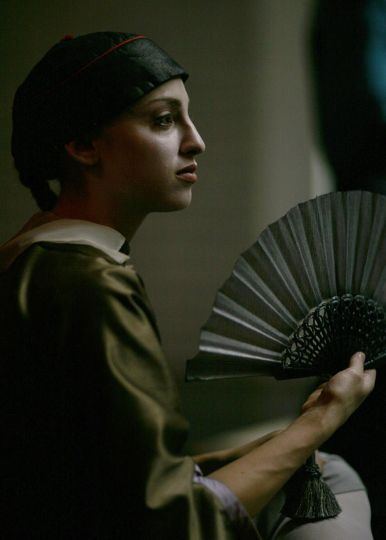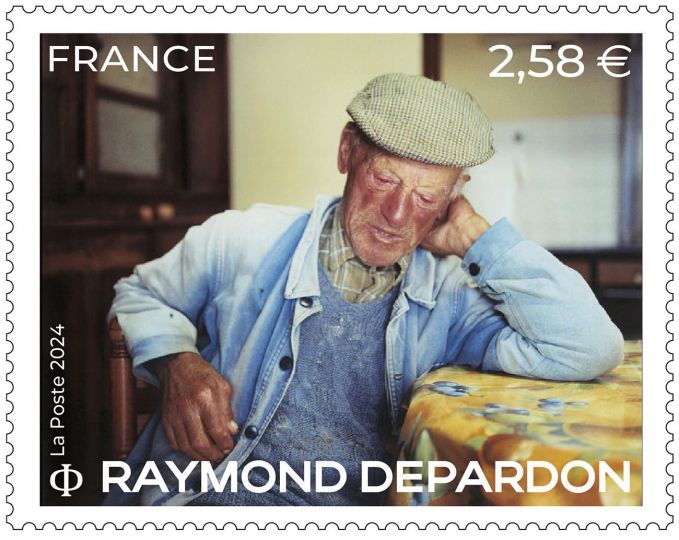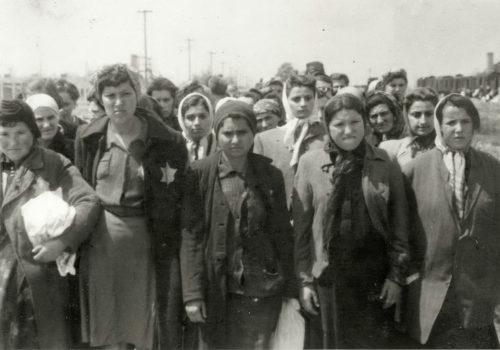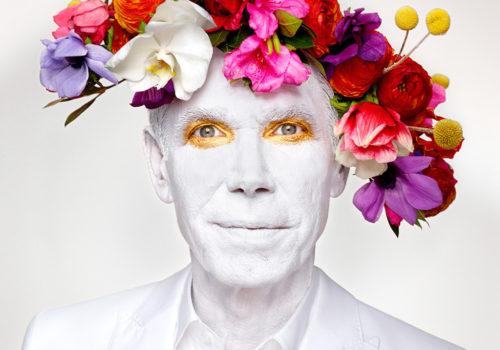I met John Morris when I was awarded the W. Eugene Smith Grant in Humanistic Photography. That was a long time ago: in 1980. John is the co-founder of the Smith Fund, along with Jim Hughes and the late Howard Chapnick. But it was really his baby and the reason the award exists at all. It is his perseverance from the beginning that assured its survival until today. For me, and not because I was the very first recipient, this constitutes the single most important achievement John Morris did for photography. A close friend of Gene Smith, John knew well what it was for a photographer to struggle with an important story that cost money but that few were interested in funding. John gathered his friends and colleagues and convinced them of the importance to offer a Grant that would pay one year of a deserving photographer’s life to produce an in-depth essay, without being hindered by the need to earn a living. The Grant was specifically intended for those who worked in the spirit of Smith – photographers concerned with social or political issues. It was the first time a grant such as this ever existed. After I won it, a woman wrote a scathing criticism about the fact that it had been given to me. John replied with one of his legendary letters that he then had published, in which he defended categorically the Jury’s decision.
John loves photographers, he’s loyal, he defends us. His life is a life of photography. He has worked in magazines and newspapers and with the Magnum agency. Once he said that he had been fired from everywhere! Over the decades, he’s lived numerous tragedies, starting, as he had just begun his life in a young couple, with the infant crib death of one of his children, to be followed by the death of his first wife from multiple sclerosis. Lung cancer was responsible for the death of his second wife. Later, after a 3-year hospitalization, his third wife also died. He has lost numerous close friends, beginning with Robert Capa, who was blown up on a landmine in Indochina. From each of these sorrows, John has bounced back in a way that would seem almost suspicious. But he’s endowed with an acceptance of those things we have no control over – an acceptance that allows him to move on, and continue life, something he relishes and lives to the hilt: with a new love, with new friends, with new projects.
What John Morris cannot accept is war. Throughout his long life, he has remained tireless in the face of the idiocy of irresponsible governments, including, at the top of the list, that of his own country, the USA. Until he was no longer able to do so, he marched in the streets of the United States and France against whatever war was raging. He believes in democracy. He’s sentimental. Democrats Abroad in France hold huge meetings in John Morris’s living room. With every election, he bombards us with pleas to get out and vote! John is a patriot. In spite of his years, he’s retained an almost blind naïveté. Once, he told me he was shocked to learn that our government had lied to us. I don’t remember about what, but I know that personally I had just assumed that it had.
When one runs into John Morris at an exhibition, he might just open his jacket and pull out of a breast pocket several sheets of paper. Without being asked, he’ll attempt to read to you two or three pages of the latest book he’s writing. John has always been interested in himself and his personal exploits. He has an almost childlike enthusiasm about his own activity or whatever he’s working on, and he’s always wanted to share these things with all of us. He’s done so over the years with lengthy, information-packed newsletters about himself and his travels, which he sends by email to an ever-growing list of people he is fond of and with whom he wishes to stay in touch.
John has a great sense of humor. A few years ago I ran into him at the Jeu de Paume Museum in Paris. He was surrounded by people and already, ancient. “John!” I exclaimed. “I can’t believe you’re still alive!” To say the French looked uncomfortable is an understatement. John threw back his head and roared with laughter.
When Trump got elected, I thought of John. This will kill John Morris.
But it didn’t. At the age of one hundred, he’s still very much alive.
Jane Evelyn Atwood
Paris, December 4, 2016


